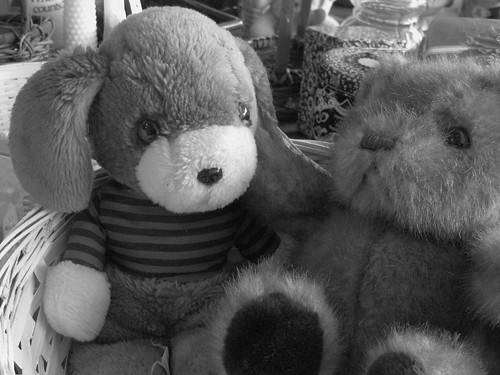 When the hummingbirds returned this year, they announced themselves by hovering outside the kitchen window and peering in, looking for the feeder that hung there last summer. What a marvel that they find their way back from the far south, not just to Indiana but to this exact window.
When the hummingbirds returned this year, they announced themselves by hovering outside the kitchen window and peering in, looking for the feeder that hung there last summer. What a marvel that they find their way back from the far south, not just to Indiana but to this exact window. I wasted no time putting up the feeder, and they have been buzzing in and darting away happily ever since - until one day, when I noticed this little guy.
He just sat there on the feeder, unmoving, feathers puffed up, breathing hard. It was chilly, but other hummers were flying. They perched on the other side of the feeder, sipped a bit, and lingered a few seconds to consider their sickly friend. Maybe keeping him company. He did not stir when I took a close look at him, returning my gaze without any sign of alarm.
Twenty minutes later, he was still there. He clearly needed help from somebody who knew what they were doing, so I started looking for a rehabber.
I tried the Audubon Society, the Humane Society, the zoo, the botanical garden; I called the numbers they gave me. Of the few who picked up, nobody took hummers. I searched the web for avian vets, and they told me they could not treat wild birds by law. I called the numbers they gave me, too, with no luck. Eleven calls and an hour later, the cavalry was still not coming.
At that point, with the hummer still panting away on the feeder, I decided to take matters into my own hands. I consulted the Internet for instructions: Hummingbird First Aid.
The news wasn't encouraging. According to the site, very few hummers survive any kind of trauma. You have about four hours to start treatment, 24 before it's too late. Plus, there are heavy duty laws against keeping one in captivity.
Undeterred, I rounded up a shoe box and a soft cloth and headed back downstairs to attempt a rescue. Per the website, a pouffy hummingbird is a cold hummingbird in need of being warmed under a light bulb. That much I could do.
Then I heard a thudding sound downstairs from the general vicinity of the kitchen window. And when I got there the little bird was gone.
Did some predator notice him there and snatch him? Did Gatsby Cat pounce at him through the glass and scare him away? I'll never know.
 But the next day, a somewhat puffy male hummer came and went at the feeder. He did not fly away when I peered closely at him, and looked me in the eye, unafraid, as he drank.
But the next day, a somewhat puffy male hummer came and went at the feeder. He did not fly away when I peered closely at him, and looked me in the eye, unafraid, as he drank. Was it the same bird? I hope it was, and that he's made it through to another season.

Click here to see more Nature Notes.









